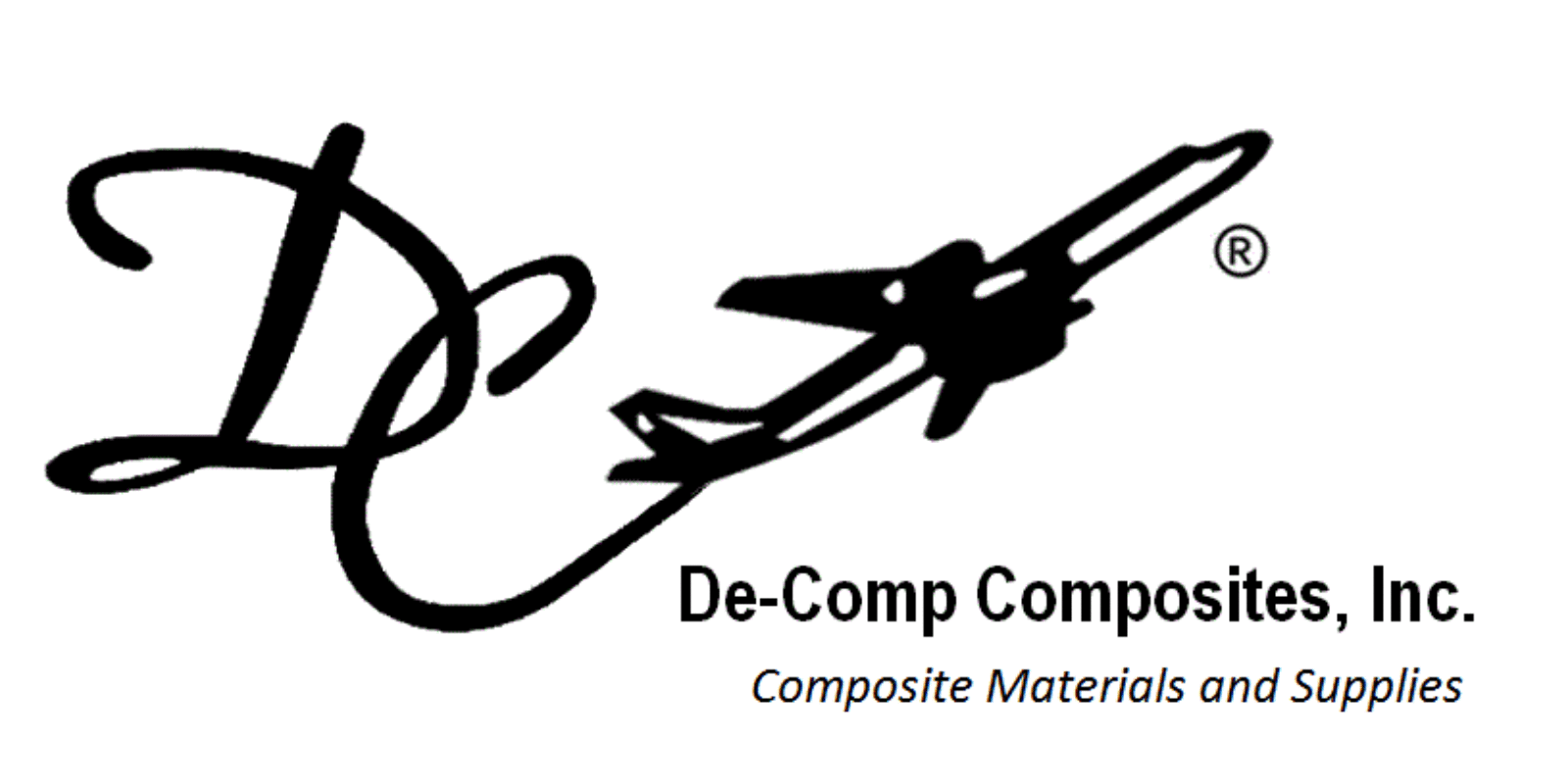You just need to make sure you’re focusing on publications that are relevant to your niche and that you’re focused on providing genuinely valuable information. In today’s fast-paced digital world, managing social media can be overwhelming, especially for busy business owners. But with the rise of AI-powered tools, maintaining an active and engaging social media presence is easier than ever. Digital PR involves using PR techniques to gain backlinks and is now the link-building tactic of choice for many SEOs.
- Below the charts, you’ll find the “Prospects for” section—make sure your domain is selected and click “Best” to generate a list of domains linking to competitors’ sites but not to yours.
- With a website SEO checker, you can perform a full audit of your website, analyzing everything from meta tags to page speed.
- There’s little advantage in creating backlinks from home improvement sites if you are working around the gadgets and electronics industry.
- The tool lets you know if you have your keyword in all the key locations like the H1 and body content (more on why this matters soon).
- Google might not use your meta description to understand the content on your page, but searchers use it to figure out which result to click on.
When you leave great comments on blogs, you’re able to share your unique perspective with others, which can lead them back to your website. It’s also likely that reviews across the web bear some importance for regular rankings. This is because they’re one of the things Google tells Search Quality Raters to look for when evaluating a website’s Expertise, Authority, and Trustworthiness (E-A-T). Coming back to the importance of showing your expertise or authority on a topic, you need to make sure this isn’t just being said on your website. Make appearances to talk about your field or expertise or service/product with others. By blogging for another website in your field, doing interviews, being a guest on podcasts, or going to events to do a talk or workshop.
Off-Page Strategies to Improve Conversion Rates
Make a list of relevant influencers, bloggers, personalities, partners, publications, organizations, etc. Then ask them to share customized content you’ve put together for their audiences. This is by far the most challenging aspect of off-site optimization. There are many reasons your event landing page could attract links. Or influencers may simply share it for the sheer value to their audiences. For example, SEO Anomaly if you offer the first 50 attendees an exclusive gift, you may heighten the enthusiasm others have for your event.
Implement Proven On-Page SEO Techniques
Contextualizing the links, Google can develop an understanding of the link’s growth for any website. Google pays close attention to the topical relevance of a website to determine how much a link coming from it should be valued. This concept is sourced from Google’s algorithm mechanisms such as topic-sensitive PageRank. Topic sensitive page rank is simply a context sentient algorithm that values domains based on their content’s consistency in showing topical relevance/context. There are tons of other correlation studies which show that links coming from unique websites would be valued higher than links being repeated from the same websites. Obviously, the content’s difference between the two pages would be playing a role here too, but in isolation, we can definitely find a correlation between referring domains and traffic per page.
Social Tags
These backlinks tell search engines that your site is credible and can help improve rankings. Yes, off-page SEO remains a crucial component of a comprehensive SEO strategy. High-quality backlinks and social signals continue to be significant factors in search engine algorithms, influencing your site’s authority and rankings. This one comes with a clarification—few actions on social media directly influence your domain authority or rank.
Look at the “Impressions” column for all of your branded searches. Brand signals are what Google uses to figure out if your site is a legit brand. Guest blogging helps your off-page SEO in a bunch of different ways. We already touched on original data, but there are other ways to provide information gain. Sure enough, within a few weeks, the article started to crack the first page.
Instead, use them to promote research you’ve conducted which will amplify your off-page SEO efforts. Build a database of reporters and others in the media (bloggers, radio personalities, podcasters, etc.), and make them aware of what your brand is doing. In addition, media outlets, influencers and journalists are always seeking unique research. Therefore, this strategy is valuable for both public relations and SEO opportunities. Journalists are always looking for credible sources to cite in their articles.
Search engines crawl the entire web which pretty much means they have access to content on billions of pages. There is a patent named “Domain-Specific Sentiment Classification” supporting this idea as well. For example, for a general forum like Quora, you can search for keywords related to your audience/niche and see the questions people are asking. If you have anything to add value or share a resource that would help that audience solve their problem, throw it in. Although in theory off-page SEO translates to any kind of off-site promotion of your website/brand, still it drills down to link-building 90% of the time.

